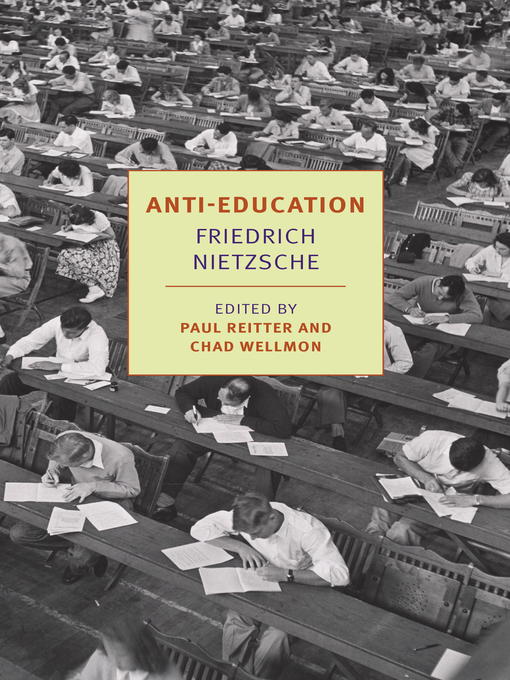- Available Now
- New eBooks for Adults
- New eBooks for Teens
- New eBooks for Kids
- Most Popular
- Try Something Different
- It's a First!
- In This Moment Chapbooks
- See all ebooks collections
- Available Now
- New Audiobooks for Adults
- New Audiobooks for Kids
- New Audiobooks for Teens
- Most Popular
- Try Something Different
- Audiobooks for the Whole Family
- Audiobooks in Espanol
- Read by a Celeb
- Great Narrators
- See all audiobooks collections
